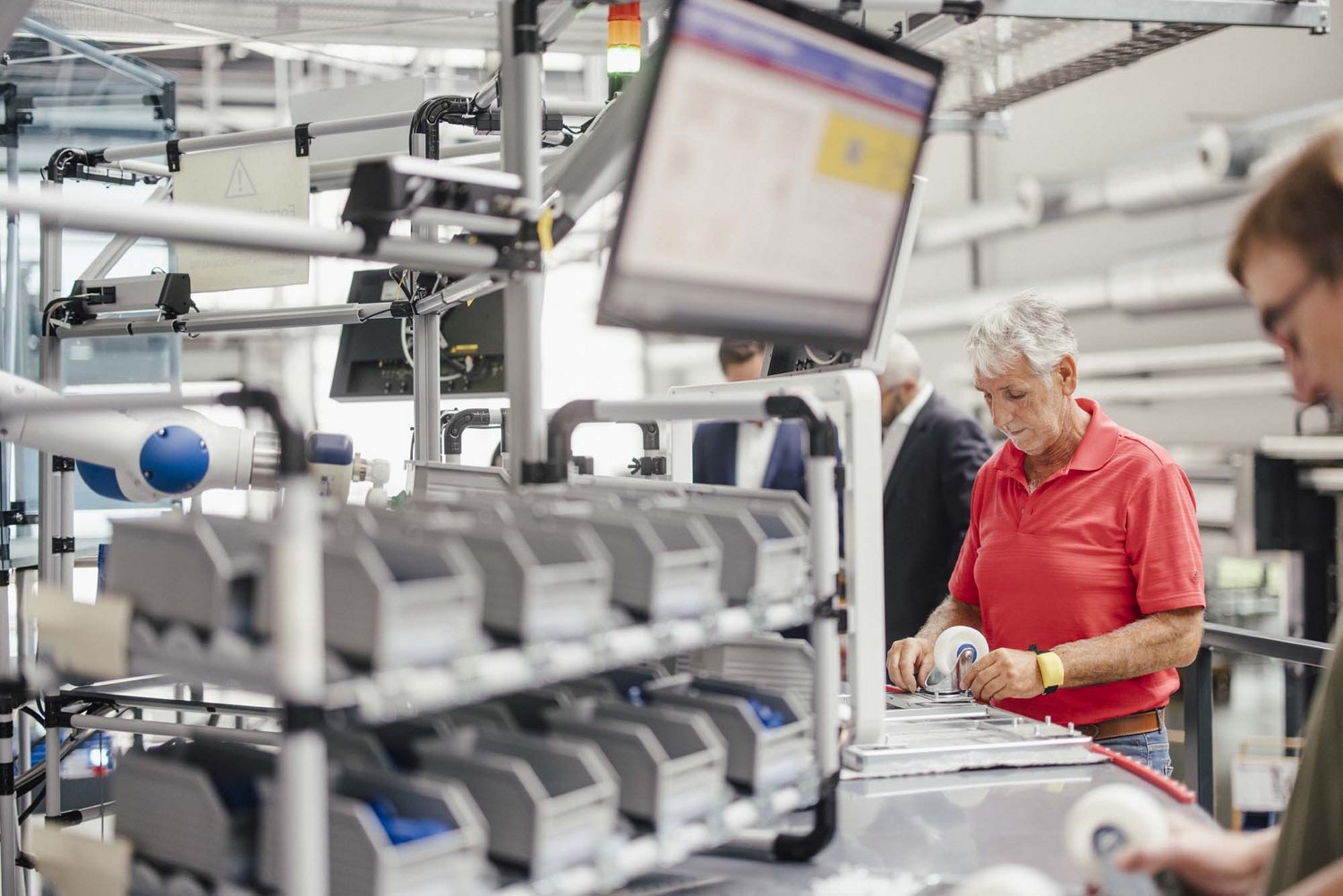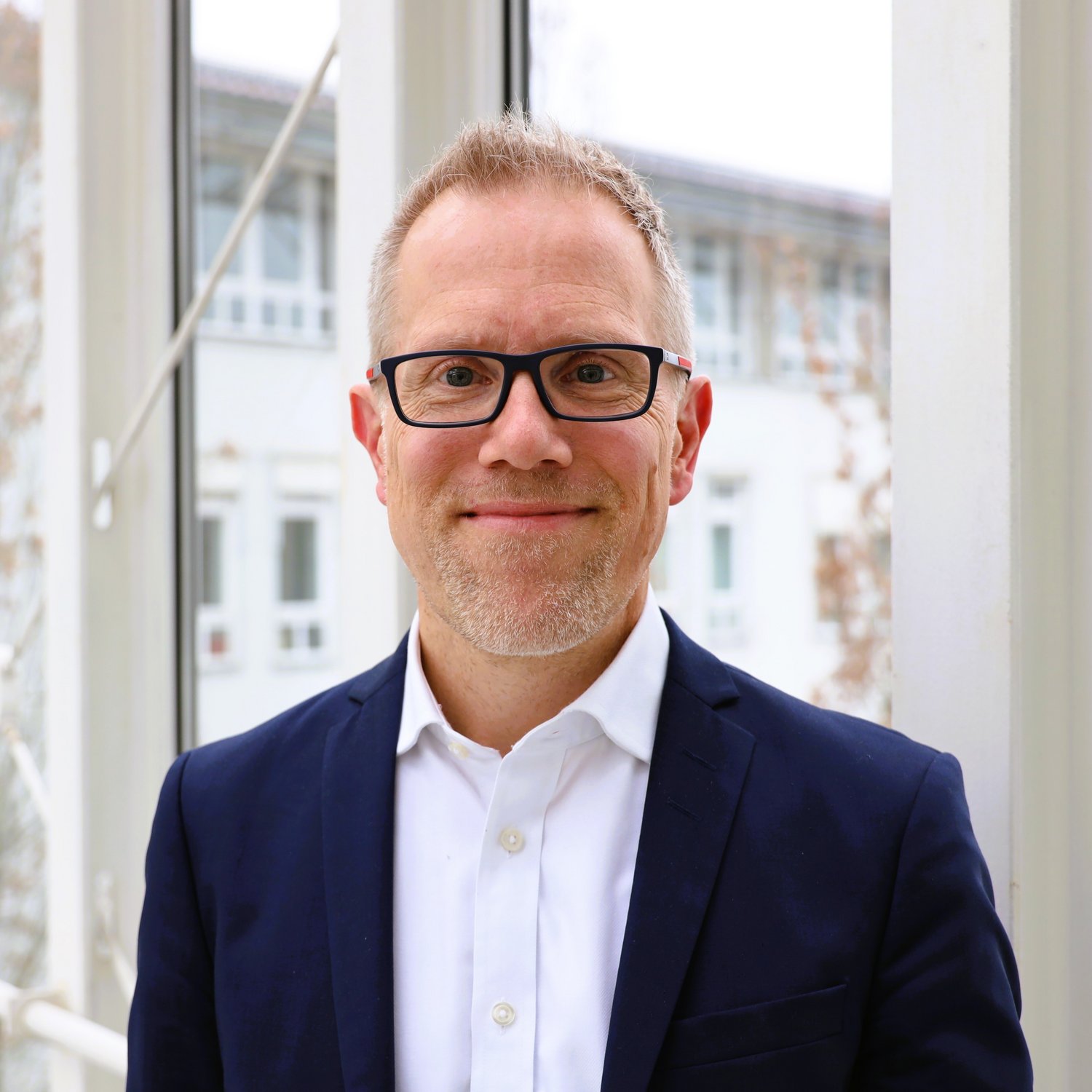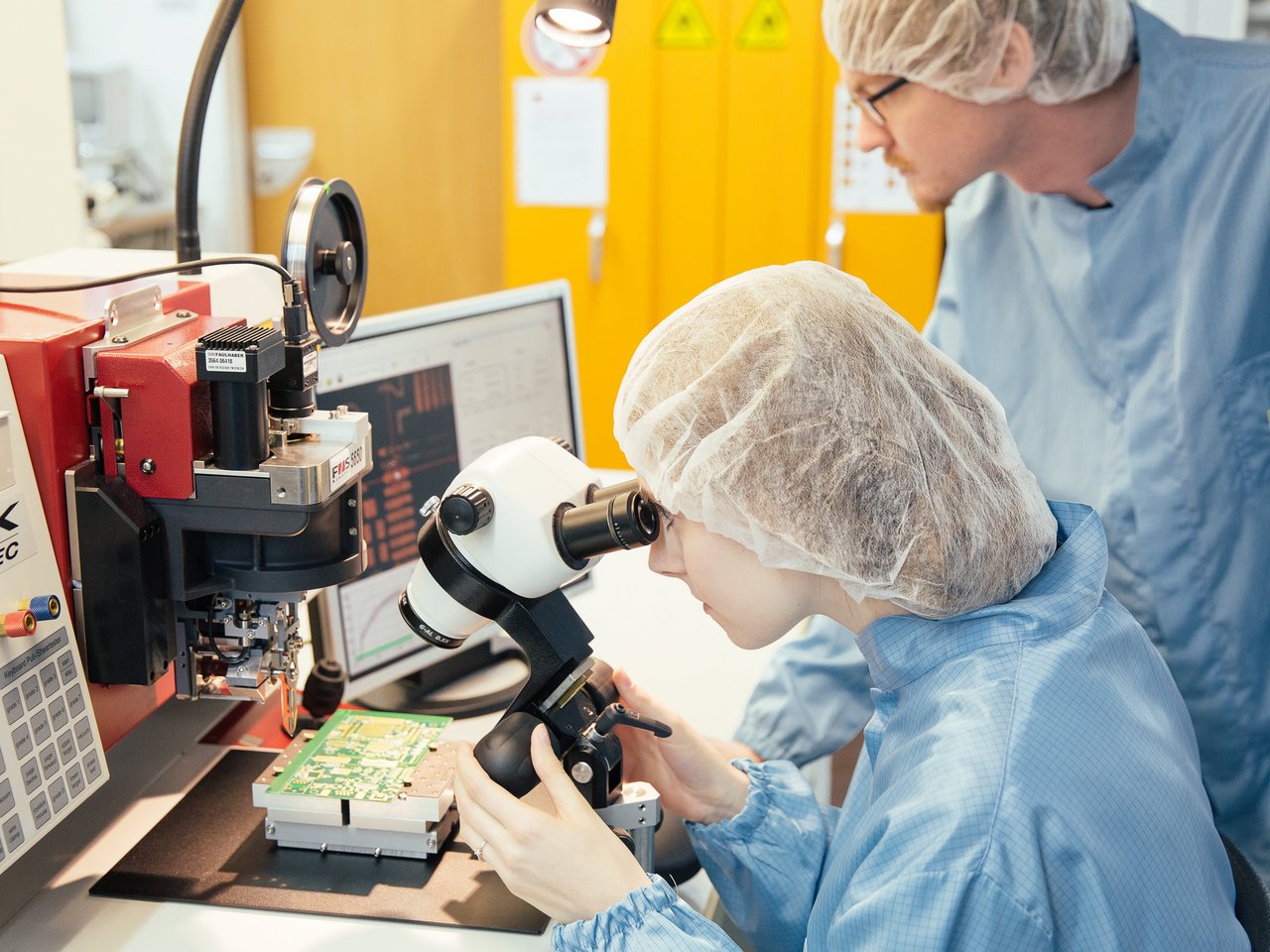
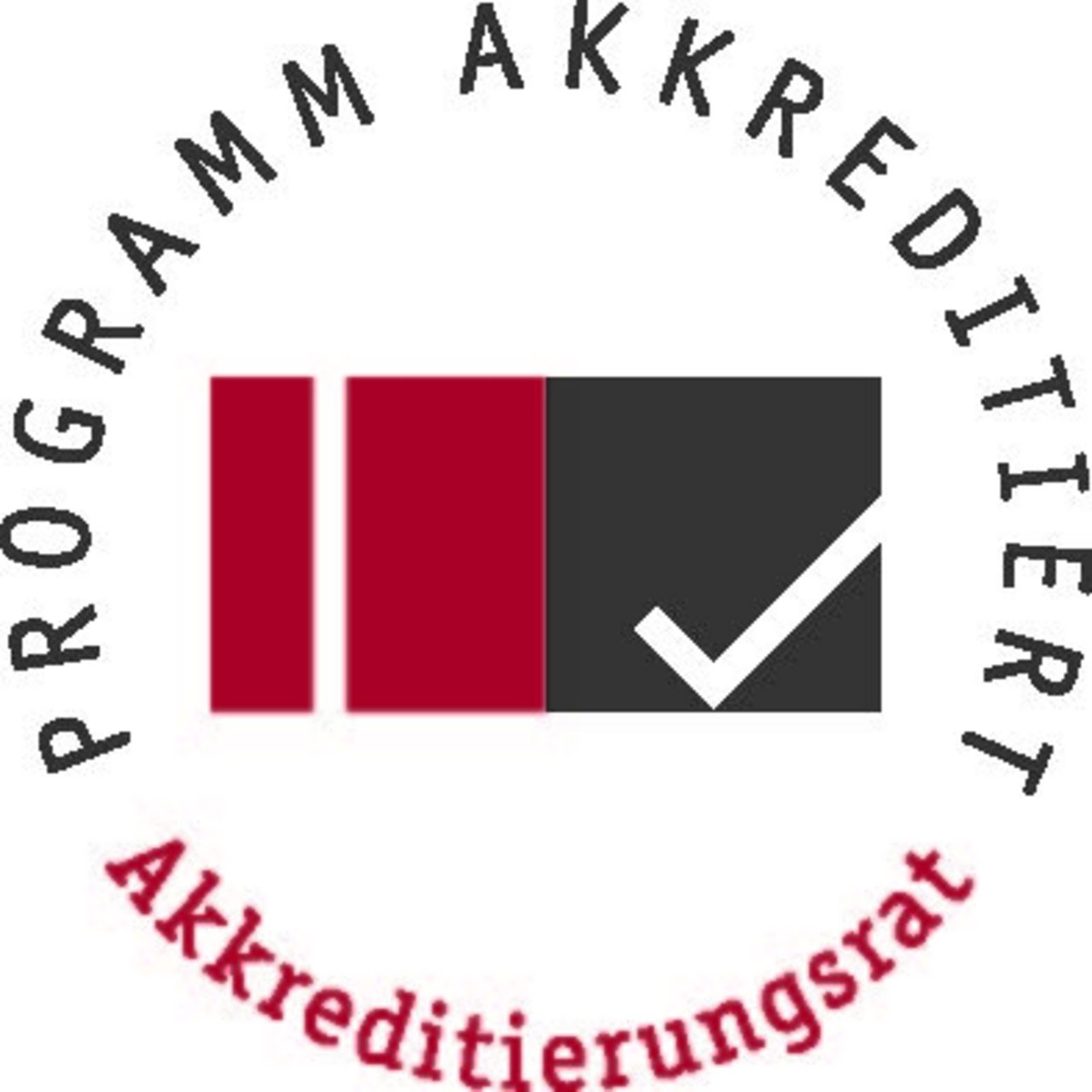
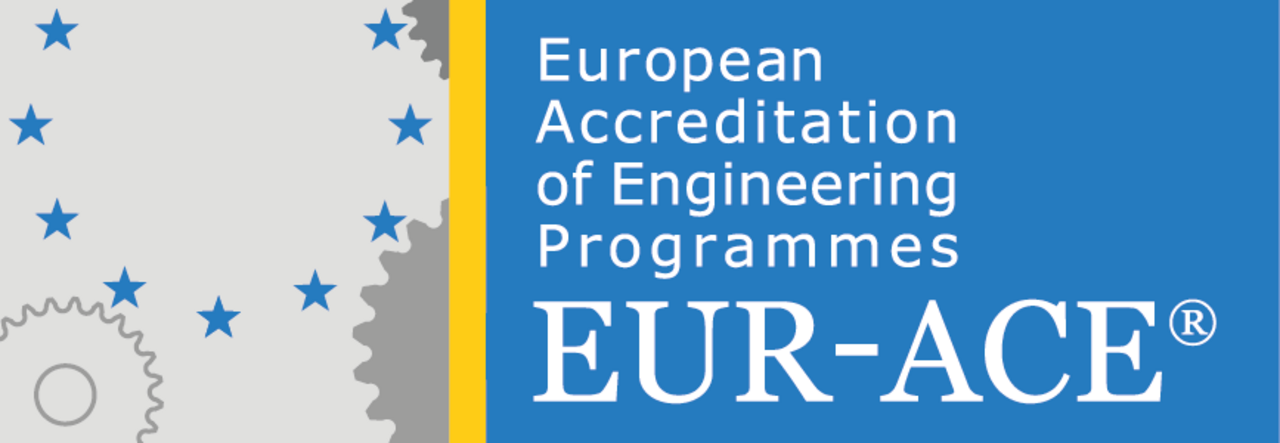
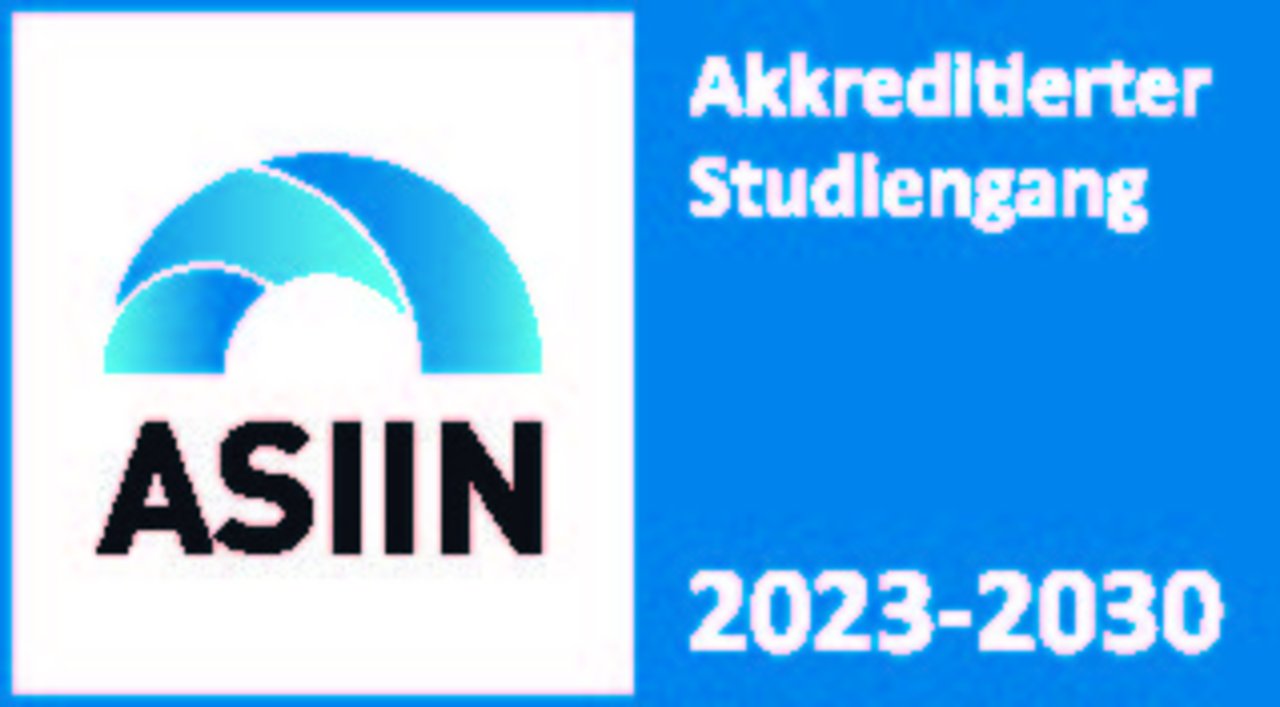
Accredited degree program
Applied Research in Engineering Sciences
Master of Science
Der Forschungsmaster vermittelt größtenteils projektgebunden und mittels anwendungsbezogener Forschung übergreifendes Wissen zu verschiedensten Forschungs- und Themenbereichen, je nach persönlichen Interessen und Qualifikationszielen.
| Start | Sommer & Winter semester |
|---|---|
| Admission Criteria | Open admission (subject to entry requirements) |
| Application period | 15.11.2025 - 15.01.2026 |
| Study format | Full time, Online |
| Study cost | None (only semester fee) |
| Normal duration | 3 Semester |
| Language | German |
| ECTS | 90 |
| Accredited degree program | |
   | |
Programme content
An above-average proportion of the coursework consists of project-based, application-oriented research, which is why it is often referred to as a research master's degree. The selection of research topics and modules is diverse and allows students to set their own individual focus depending on their personal qualification goals in the fields of automotive and commercial vehicle technology, data science, electrical engineering and information technology, energy, computer science, artificial intelligence, lightweight construction, mechanical engineering, production and logistics systems, systems engineering and business informatics.
The specific research topic on which the content of the degree programme is based is assigned to first-year students upon admission. Together with the supervisor of the research project, they determine the compulsory elective modules that match the research project.
Research projects
Study programme
The Master's degree programme has a modular structure and comprises three semesters in which a total of 90 ECTS credits (30 per semester) are earned. The programme can be started in the summer semester and in the winter semester.
The first part of the research project is completed in the first semester. Suitable subject-specific compulsory elective modules can be selected from all relevant Master's degree programmes offered by the participating faculties. Inter-university subject-specific modules are also selected, which take place as block courses at one of the participating universities. The research project is accompanied by a seminar or the research master's conference, which takes place once a year at one of the participating universities.
The second part of the research project is completed in the second semester. In addition, a further subject-specific compulsory elective module and an interdisciplinary compulsory elective module are taken.
The third semester is used to complete the Master's thesis and its accompanying discussion as part of a Master's seminar.
Modules
The programme is divided into research modules, compulsory elective modules and inter-university block courses:
- Study projects I and II (research project): are selected from a catalogue of projects on offer, own proposals are possible in consultation with supervising professors
- Subject-specific compulsory elective modules I -III and interdisciplinary compulsory elective module: are selected from the modules offered in other Master's degree programmes at Landshut University of Applied Sciences in coordination with the research project
- Compulsory elective modules Research Methods and Strategies and other subject-specific compulsory elective modules: can be selected from a cross-university module catalogue and completed either in Landshut or at one of the partner universities.
- Project seminar I + II: Research project seminar or annual research master's conference
- Master's thesis and seminar
Practical orientation
All degree programmes at the Faculty of Electrical and Industrial Engineering are characterised by a high degree of practical and application orientation.
In addition to the theoretical lectures, many of the modules on offer include laboratory practicals with specific content. In these, the theoretical knowledge learnt is practically tested, expanded and consolidated in our more than 20 modern laboratories. Project work also serves to creatively and practically implement what has been learnt.

